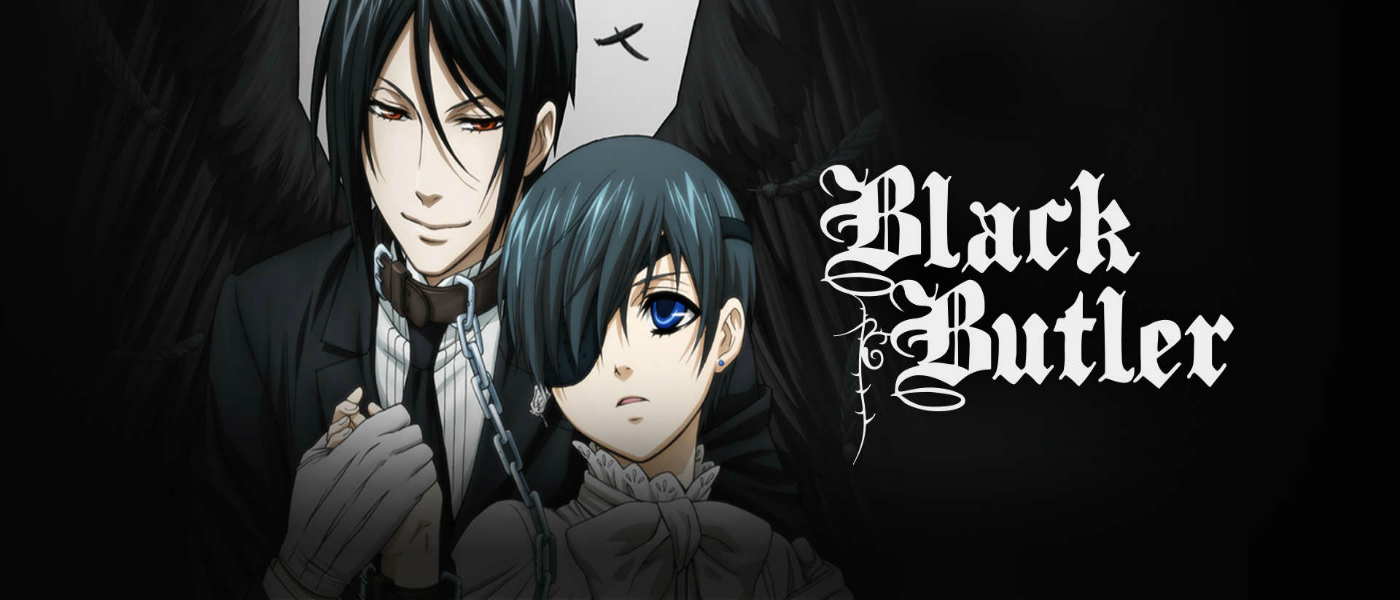Theater Review: “Avenue Q”
Fifteen Years Later
Robert Lopez, Jeff Marx and Jeff Whitty’s Avenue Q is considered to be one of the great American musicals. It won the three big creative awards for a musical at the 2004 Tony’s: Best Musical, Best Original Score and Best Book of a Musical. It has been performed on six continents, and it’s currently a stalwart of the Off-Broadway scene here in New York, playing a seemingly endless run in one of Hell’s Kitchen’s New World Theaters. Gallons of ink have been spilled singing its praises for the past decade and a half, so it leads one to wonder what more there is to say on the subject.
But the world has changed since 2003, and everything that Avenue Q was is not necessarily the same thing that Avenue Q is now. Its perspectives on gentrification, race and gender have been tested by time; its context as parody has been made more mundane; and what shocked us fifteen years ago, frankly, may not today. I think Avenue Q is especially relevant given the announcement of Melissa McCarthy’s The Happytime Murders, due later this year, which seems to use the same R-Rated Sesame Street shtick—the latter even replicating the former’s tiff with the Jim Henson company.
So, how does Avenue Q hold up after fifteen years? Well, more than it doesn’t. The story concerns six young adults trying to navigate their professional and romantic lives in the eponymous outer borough of New York (The name Avenue Q is a play on eastern Manhattan streets which run from Avenue A to Avenue D as they approach the East River). Our protagonist is recent college grad Princeton, who attempts to find a use for his English degree and his purpose in life. Helping him find that purpose is Kate Monster, a teaching assistant who dreams of building a school for monsters, an in-universe disenfranchised minority. Other characters include Rod, a closeted homosexual man; his slow-witted roommate Nicky; Brian, a henpecked wannabe comedian; and Christmas Eve, his domineering social worker wife. All of the characters except for Brian, Christmas Eve and building Superintendent Gary Coleman (yes, that Gary Coleman) are embodied by felt puppets, controlled by puppeteers onstage.
The game of the show is pretty simple. Whereas Sesame Street offered clear solutions to childhood problems, Avenue Q sets out to show audiences that adult issues won’t be solved nearly as easily. This is mostly expressed through one of the show’s strongest elements: the songs. Most of the songs are in the style of a Muppets or Sesame Street song, where a concept is introduced and explained to the audience, often to comedic effect. Whereas Jim Henson’s crew would often do this with letters and shapes, Lopez and Marx opt for topics like schadenfreude,—the German word for pleasure at the expense of others’ suffering—loud sex and coming out of the closet. I didn’t realize how many lines people had been quoting me from the show over the years: “The Internet is For Porn”, “Everyone’s a Little Bit Racist”, and “I’m not Wearing Underwear Today” are all song titles. It all flows very naturalistically; the songs rely on surprise and often succeed, and the rhymes are incredibly tight. You shouldn’t expect any less; Lopez co-wrote Frozen’s “Let It Go” with his wife, Kristen Anderson-Lopez.
Another absolute marvel was the set. Like the show itself, it’s deceptively simplistic. It appears as a simple three-house façade, but nearly every room opens up into a unique fixture for individual scenes. There’s often split-second timing involved with the changes, and it’s wonderful to watch. This is especially true for the first act finale when we see a nightmare brought on by Princeton’s worry that Kate is distracting him from his purpose, and two of the puppeteers engineer a giant Kate Monster on the roof.
Even though the final stunt before intermission was the largest set piece, I still didn’t find it to be the puppeteers’ finest hour. The four of them are responsible for nine characters, in both voice and action. They switch puppets with incredible ease and even converse with themselves when the scene calls for it. I’ve never seen doubling quite like it, and that alone was worth the price of admission (A standout moment is the choreography during “You Can Be as Loud as the Hell You Want (When You’re Makin’ Love)”).
Unfortunately, not everything in the show has aged as well. The music, in its attempt to evoke the Sesame Street house style, borders on monotony at points. Many of the songs began to run together in my head, to the point where I couldn’t always tell if something was a reprise or if it just sounded like an unrelated song I had heard ten minutes ago. Similarly, I think the story leaned on a few tropes to hurry things along. While the themes of struggling with adulthood will probably never go out of style, the ways they’ve gone about expressing them probably already have.
This show was written around 2002, so the struggling economy presented in Avenue Q probably held up longer than it should have, given the 2008 financial crisis, but the show’s gleeful attitude towards gentrification was out of date even on Broadway only three years later, when Lin-Manuel Miranda’s In the Heights came out. By the same token (no pun intended), the politics of representation in the show could use an update. Christmas Eve is a distractingly out-of-place stereotype in an otherwise progressive show (Lucy the Slut notwithstanding), and Kate Monster didn’t really do much of consequence throughout the story, but this was indicative of my largest issue with the show.
The monsters-as-minority metaphor doesn’t really hold up to scrutiny. Monsters are supposed to be a disenfranchised minority within the world of Avenue Q. It seems like the show both wants them to be Hispanic, (based on their likely location in New York and Lopez’s background) but it does everything it can to avoid a direct comparison in the text of the show. For some reason, Kate and minor character Trekkie Monster are the only monster characters, but Kate doesn’t look monstrous, while Trekkie does. We also know being a puppet doesn’t make you a monster, because “Everyone’s A Little Bit Racist” tells us Princeton isn’t one. This could be a point about white vs. nonwhite Hispanics, but it doesn’t feel that way. Kate’s stated purpose in the show was to start a school for monsters, but we never understand why this is necessary, other than they are discriminated against interpersonally. It’s never made clear why monsters are so disenfranchised that they need to be wholly segregated.
This brings me to my final take on the show. I don’t think Avenue Q would fare as well today as it did in the early 2000’s. The satire would have to be sharper, the insights would have to be more developed, and the story would have to be more original (or at least better disguised if it wasn’t). The shock alone no longer impresses. It must be paired with substance and meaning. My sincere hope is that The Happytime Murders, which has been in development for a decade now, has been taking notes. If not, I don’t think audiences will be nearly as kind as they were last decade.
Score

























"There are also other characters that come and go (also owned by the Warner Bros. Discovery conglomerate media company)."
Huh. Is that just referring to other characters from the show itself, or is this implying that the new season is going to have cameos from other WBD IPs